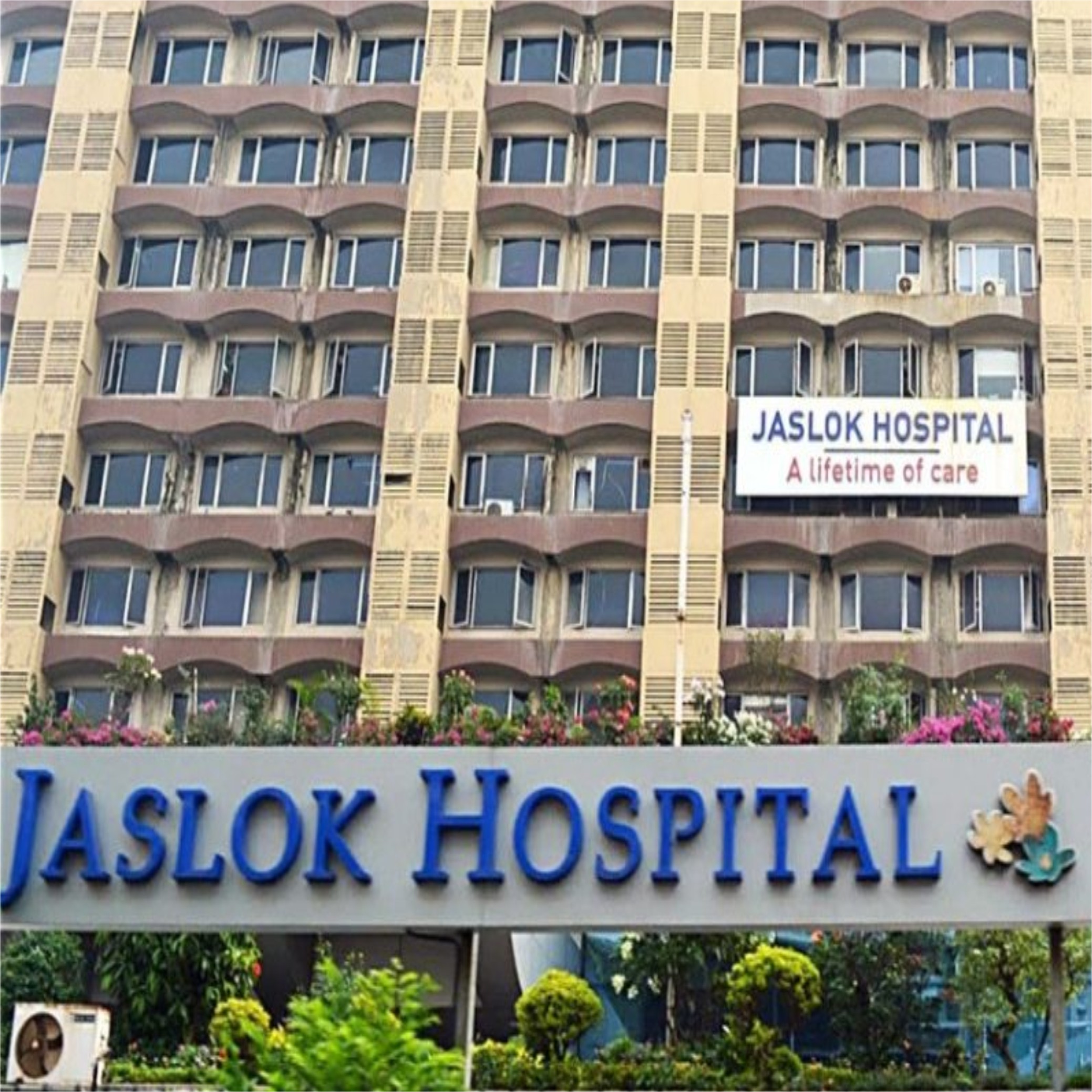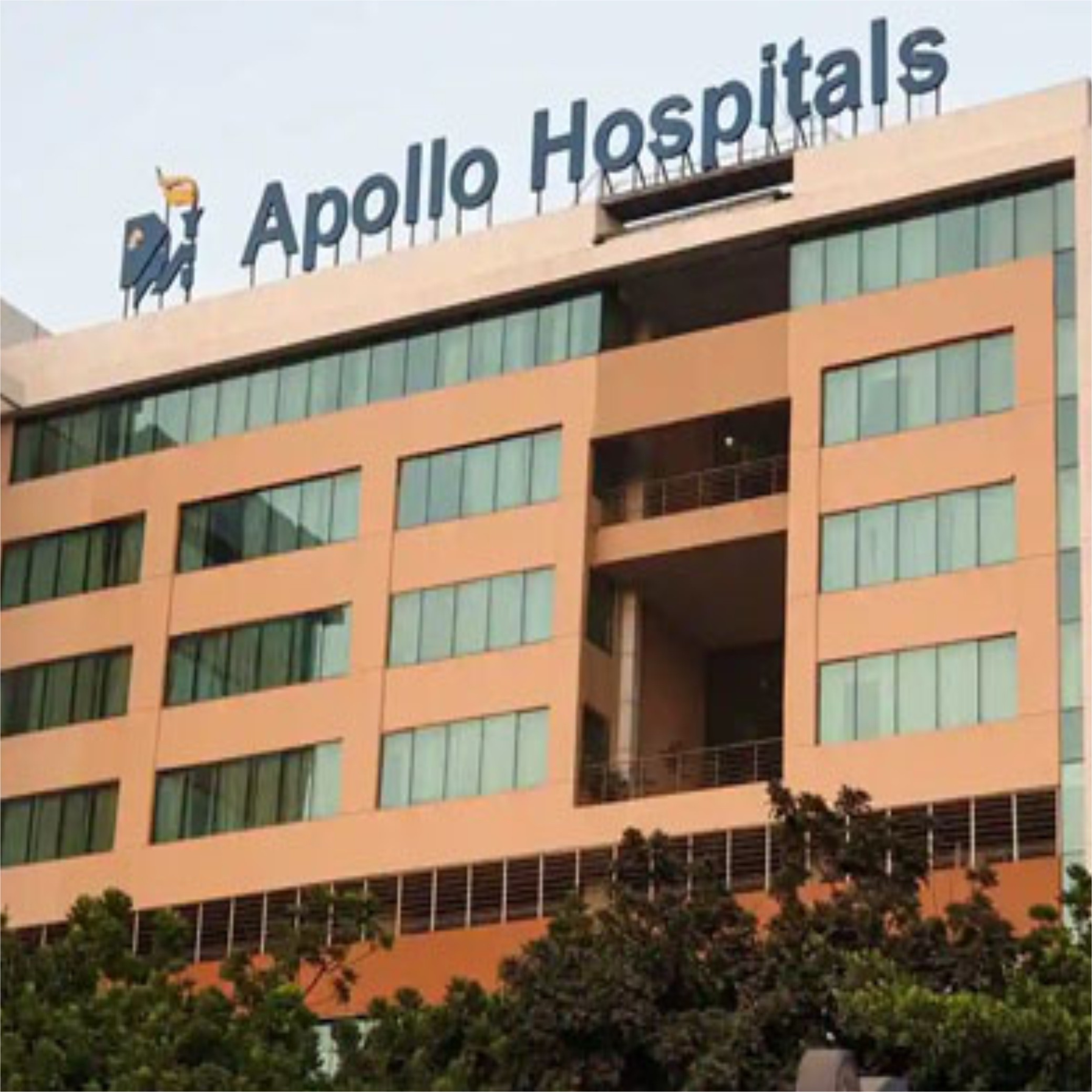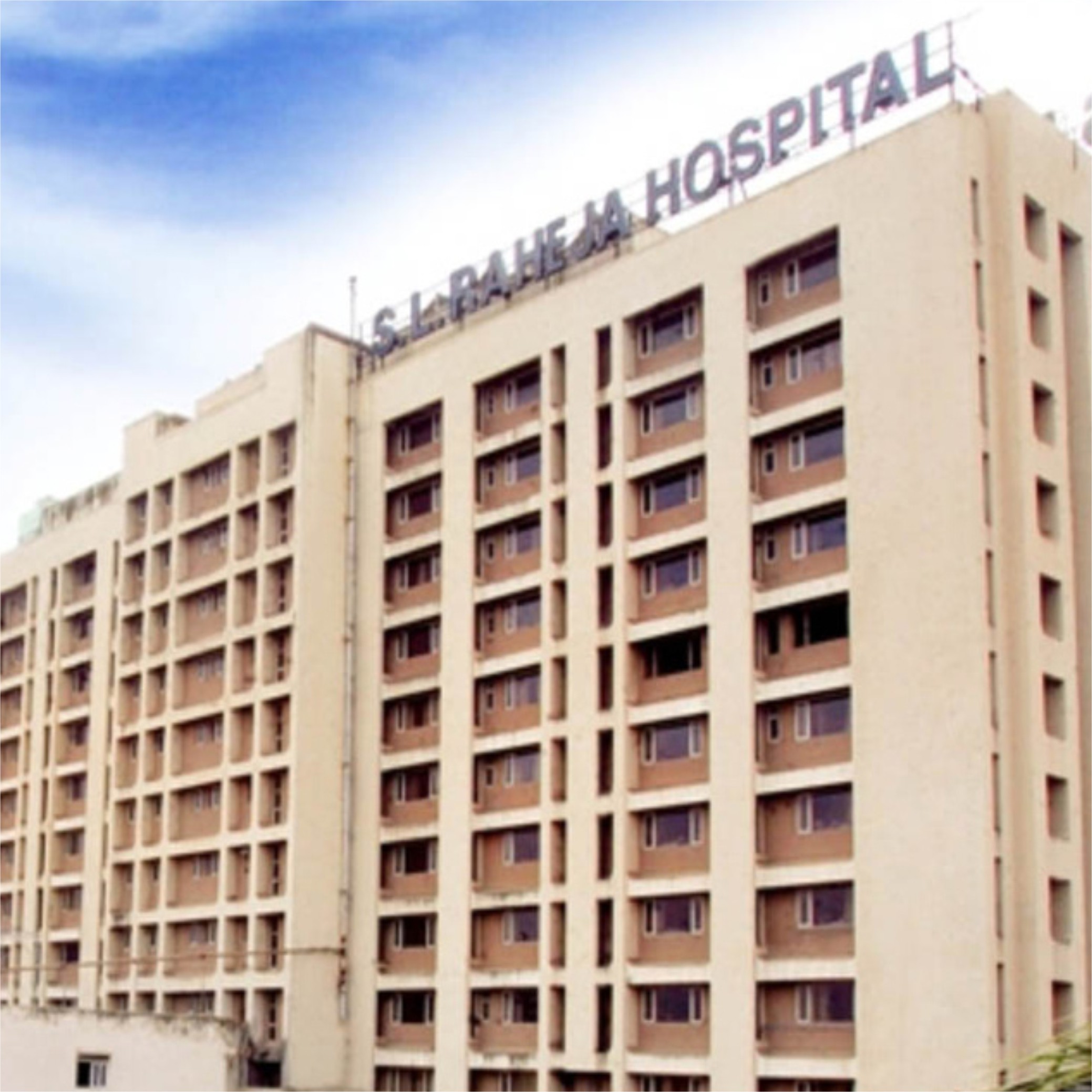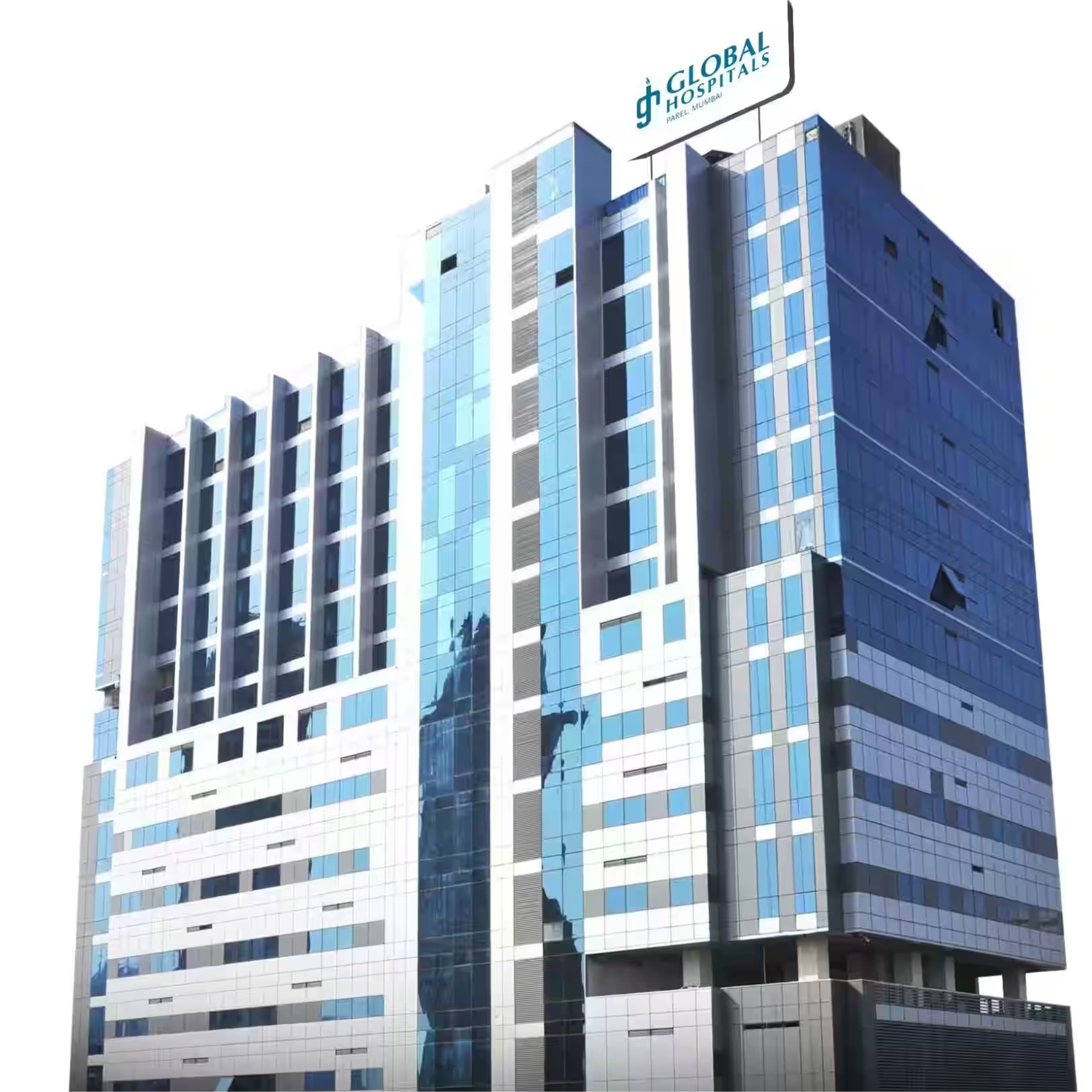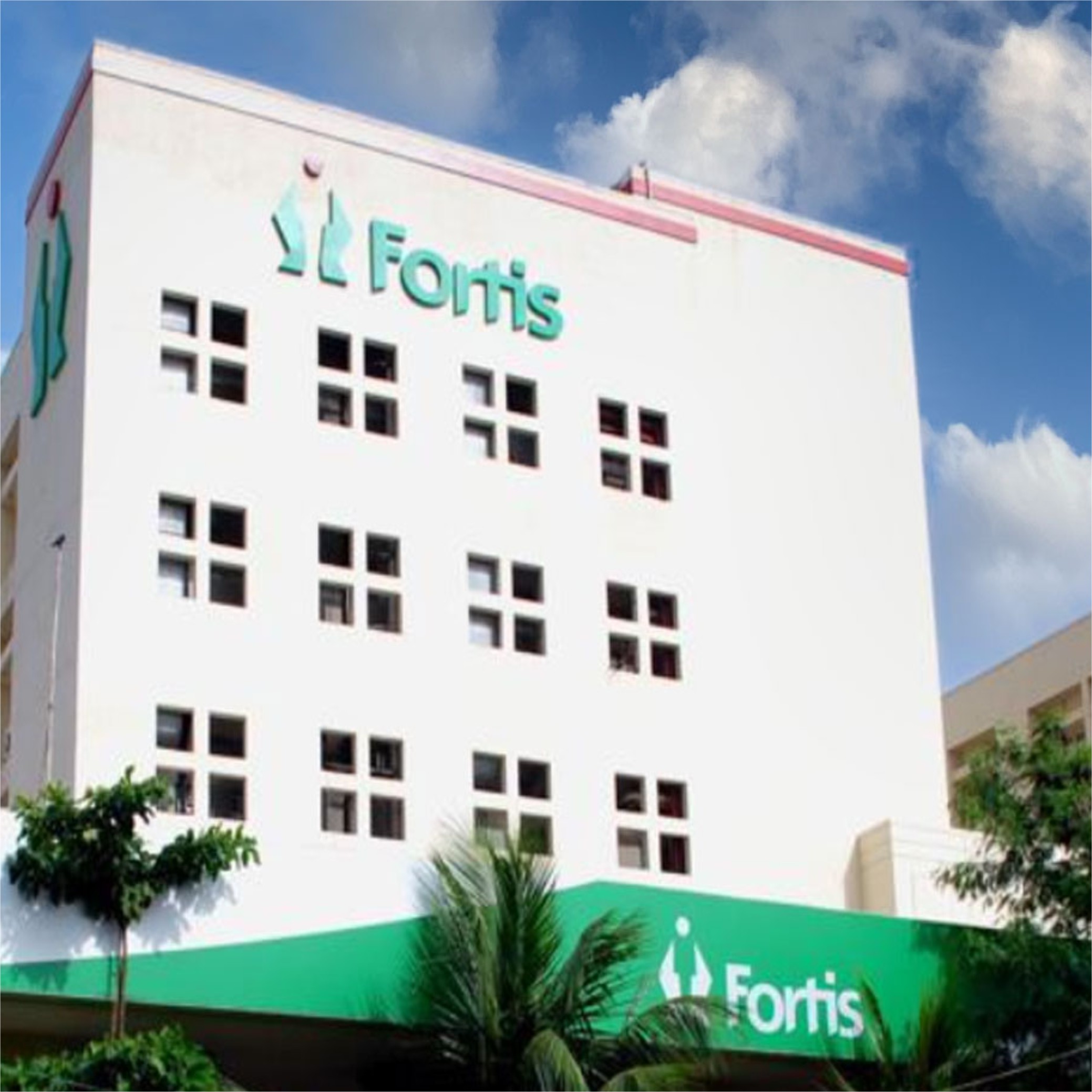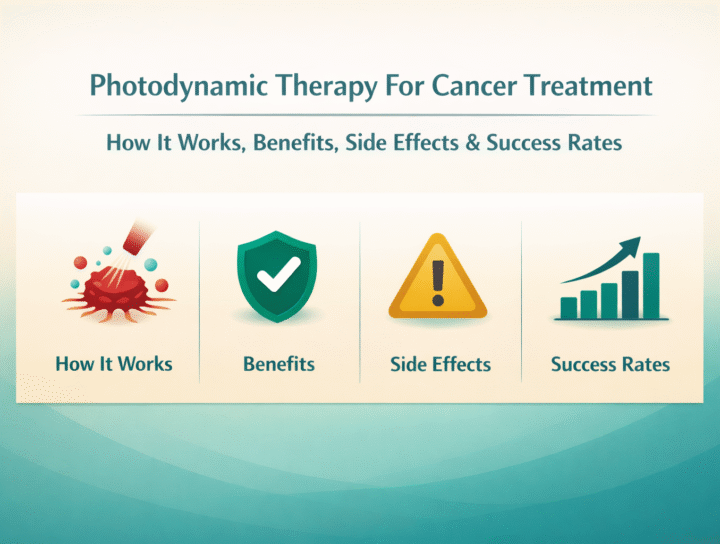HIPEC Surgery for Abdominal Cancers in India
Research shows a remarkable 75% improvement in survival rates for abdominal cancer patients undergoing HIPEC surgery in India.
The word “cancer” often makes us think of worry and questions. It’s a complex disease concerning millions of people around the world.
One of the various forms of cancer is ovarian cancer. Let us explore advancements in Hyperthermic Intraperitoneal Chemotherapy (HIPEC) in India’s cancer care context.
The blog is trying to focus on Hyperthermic Intraperitoneal Chemotherapy (HIPEC) and how it has been currently used to treat ovarian cancer in India.
Let’s start our quest to find out more about this illness. We will also discuss new and optimistic procedures to treat it.

What is HIPEC surgery?
HIPEC surgery is a modern way to treat cancer that has spread in your belly. This kind of cancer can be tough to deal with.
HIPEC surgery involves two main parts:
Tumor Removal Surgery:
First, there is surgery to take out the tumors.
HIPEC Treatment:
After that, there’s a special treatment called hyperthermic intraperitoneal chemotherapy (HIPEC). This treatment pours strong cancer-fighting drugs into your belly to fight the cancer.
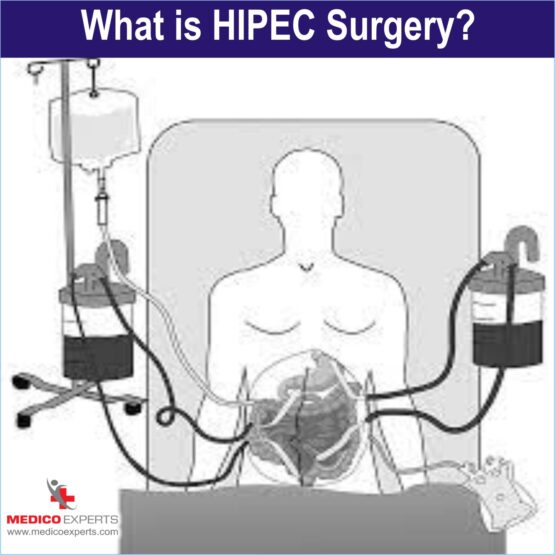
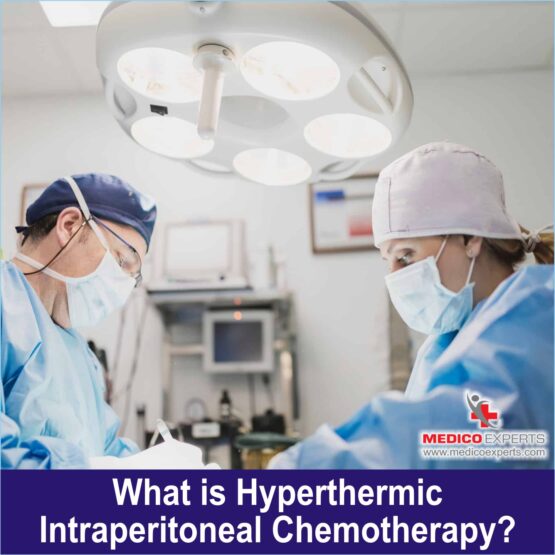
What is Hyperthermic Intraperitoneal Chemotherapy?
Hyperthermic intraperitoneal chemotherapy (HiPEC) is an innovative method used to treat cancerous tumors situated inside the abdominal (peritoneal) region.
This region contains organs such as the stomach, intestines, and liver. HIPEC is essential because it is an intricate process. Qualified healthcare providers not only remove cancerous tumors but also use a unique method to fill the abdomen with hot chemotherapy drugs.
Even though HIPEC might not be a quick fix for cancer, the fact it increases life expectancy makes it a very lucrative decision-making for treating cancer.
How does HIPEC work?
HIPEC works by focusing on tiny cancer cells in the abdominal region. It’s divided into 2 forms:
Hyperthermic:
Hyperthermic means it uses heat. Heat can kill cancer.
Studies prove that heating specific chemotherapy drugs makes them better at killing cancer. In HIPEC, the treatment warms up these drugs to temperatures ranging from 108 degrees Fahrenheit (41 to 43 degrees Celsius).
Intraperitoneal:
Intraperitoneal means the chemotherapy is directly injected into your belly, reaching tumors that regular chemotherapy might miss.
During HIPEC, warm chemotherapy drugs keep flowing through your belly, covering all areas.
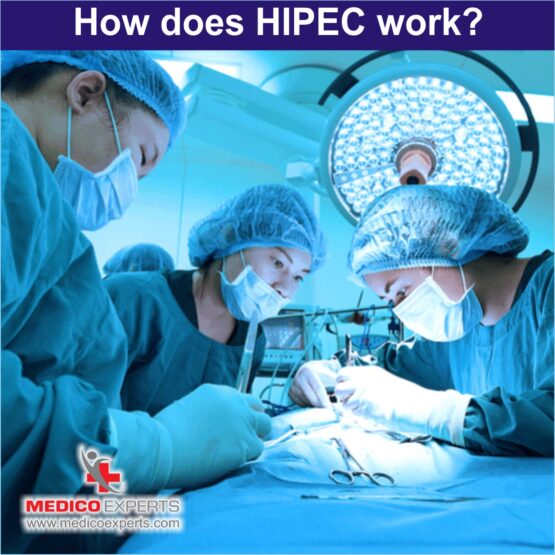
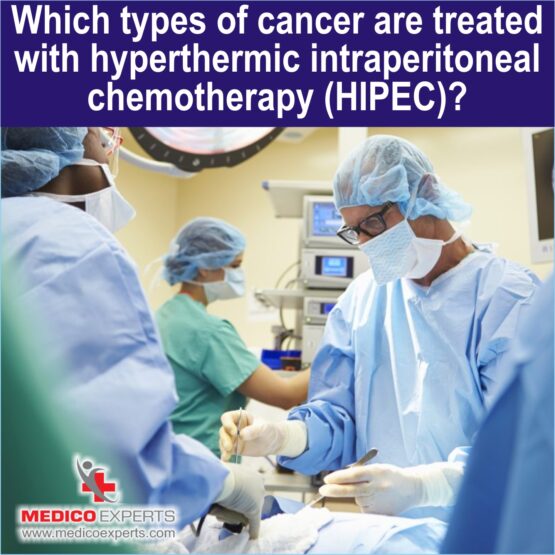
Which types of cancer are treated with hyperthermic intraperitoneal chemotherapy (HIPEC)?
Healthcare professionals use HIPEC to treat certain types of advanced cancer, such as:
- Adrenal cancer.
- Appendix cancer.
- Colorectal cancer.
- Liver cancer.
- Ovarian cancer.
- Stomach cancer.
Additionally, HIPEC can treat cancers originating in the abdominal area, such as:
- Primary peritoneal cancer.
- Peritoneal mesothelioma.
- Pseudomyxoma peritonei.
What happens during the HIPEC surgery?
HIPEC is the second phase of a two-step process, following cytoreduction, a surgery aimed at removing cancerous tumors and damaged tissue from the abdominal cavity.
The treatment procedure involves the following steps:
- You will be administered general anesthesia to ensure you don’t experience any pain during the process.
- Your surgeon will make an incision in your belly, extracting cancerous tumors and affected tissue.
- While still under anesthesia, a catheter (or catheters) will be inserted through an incision in your belly.
- These catheters will connect to a machine, heating the chemotherapy to approximately 108 degrees Fahrenheit (41 degrees Celsius).
- A pump will then propel the heated chemotherapy through the catheter into your belly.
- Your surgeon might gently sway your body side to side, facilitating the thorough distribution of the heated chemotherapy throughout your abdominal cavity—think of it like tilting a bowl to rinse it.
- The duration of the treatment may vary, depending on the extent of cancer in your abdomen.
- After completing the treatment, your surgeon will drain the chemotherapy drugs from your belly cavity and rinse it with saline.
- Any incisions made during the procedures will be closed by your surgeon.


What comes next after the HIPEC surgery?
It varies based on your situation and the type of surgery used to remove the cancerous tumor.
Sometimes, you might have to use a feeding tube to get nutrition while your body heals. This is because HIPEC uses strong chemotherapy that can affect how your bowel works.
After the treatment, many people stay in the hospital for a few days to two weeks.
How long will you need to stay in the hospital after HIPEC surgery?
Recovering from HIPEC, a complex surgery requires some time in the hospital.
Many patients stay for 10 to 12 days and then continue recovering for several months. To make recovery quicker things will be considered by the team of experts:
- Preparation Before Surgery: physical therapy and a diet high in protein are part of the preparation before the operation.
- Reduced Pain Medications: use more local anesthetics and fewer narcotics to manage pain.
- Nutritional Support: ensuring proper nutrition support during recovery.
- Postoperative Physical Therapy: physical therapy continues after the operation.
The comprehensive support both before and after surgery will lead to shorter hospital stays.
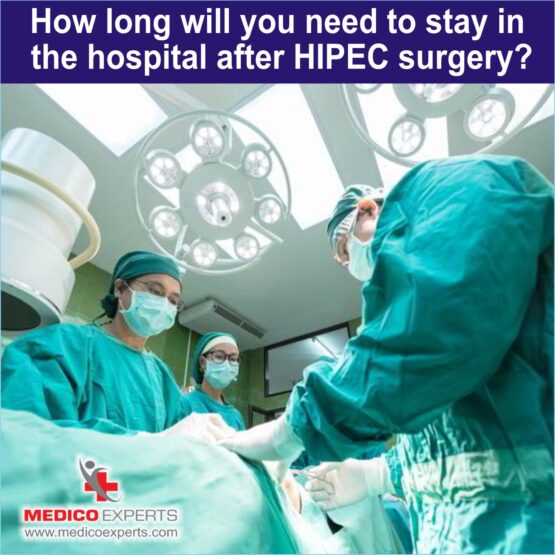

What are the advantages of HIPEC Surgery?
HIPEC Surgery, or hyperthermic intraperitoneal chemotherapy, brings about several significant benefits in the treatment of abdominal cancers:
- Improved Chemotherapy Effectiveness: It enhances the absorption and vulnerability of cancer cells to chemotherapy.
- High Chemotherapy Doses: HIPEC allows the use of high doses of chemotherapy, potentially making the treatment more potent.
- Localized Concentration: The procedure concentrates and enhances chemotherapy effects specifically in the abdominal cavity.
- Reduced Systemic Side Effects: It minimizes certain side effects of chemotherapy that may affect the entire body.
- Potential Survival Improvement: The HIPEC surgery is known to increase the probability of survival and is considered a safe option.
What are the side effects of HIPEC surgery?
HIPEC has fewer side effects compared to traditional chemotherapy, mainly because it goes directly to the cancer area and doesn’t circulate in the bloodstream, minimizing harm to healthy organs and tissues.
However, you might still experience some side effects, such as:
- Nausea
- Vomiting
- Bloating
- Diarrhea
- Pain
- Constipation
- Fatigue
- Depression
- Difficulty sleeping
- Weight loss
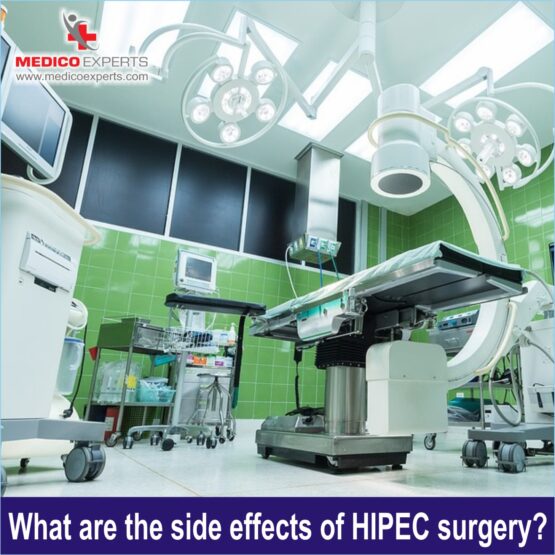
How does HIPEC differ from traditional chemotherapy?
Certain cancers, especially those situated in the abdominal cavity pose challenges for conventional treatments like intravenous chemotherapy.
Unlike intraperitoneal chemotherapy, which delivers treatment directly to the abdominal area intravenous chemotherapy may struggle to eliminate these cancers.
According to HIPEC experts, the inclusion of heat in the process makes chemotherapy more potent in targeting and killing these cancer cells. To facilitate this, advanced HIPEC treatment machines ensure a constant and optimal temperature.
HIPEC stands out in several ways:
It allows the administration of elevated chemotherapy doses, potentially making the treatment more effective against challenging cancers.
HIPEC concentrates and enhances chemotherapy specifically within the abdomen targeting cancer cells more effectively.
Unlike traditional chemotherapy, HIPEC minimizes the exposure of the rest of the body to chemotherapy reducing potential side effects.
When performed on appropriate patients, HIPEC has shown a substantial improvement in overall survival rates.
HIPEC improves the absorption and susceptibility of cancer cells to chemotherapy, making the treatment more impactful.
It also helps in reducing certain side effects associated with chemotherapy, contributing to a more tolerable treatment experience.
How much does HIPEC treatment cost to top hospitals and surgeons in India?
Getting HIPEC treatment in Western countries can be very expensive. But in India, known for its advanced medical facilities, the cost is much lower. Many of the best hospitals for HIPEC treatment are in India.
In India, the cost of HIPEC treatment is way less compared to other countries, especially developed ones.
On average, it’s around Rs. 4,20,000 ($5,200) to Rs. 5,80,000 ($7,200). So, getting HIPEC treatment in India can save a lot of money compared to other parts of the world.
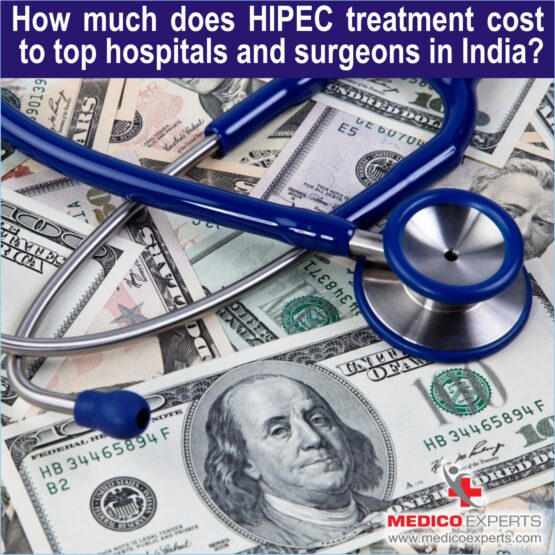
Conclusion
Hyperthermic intraperitoneal chemotherapy (HIPEC) is a treatment for advanced cancer in the abdominal cavity that originates in a different part of your body.
While HIPEC doesn’t provide a cure for cancer, it has the potential to extend the lifespan of individuals living with cancer. If you are dealing with metastatic cancer, it’s advisable to consult with your healthcare provider to explore whether HIPEC could be a viable treatment option for you.
The combination of advanced medical facilities, experienced professionals, and cost-effective treatment options makes India a compelling choice for people seeking healing.
As you explore the prospect of HIPEC surgery, we invite you to consider MedicoExperts as your trusted partner in this medical journey. Leave your worries behind embrace the possibilities, and take the first step towards a brighter cancer-free future.

Frequently Asked Questions and patient concerns:
Q1. Is HIPEC only for specific types of cancers?
A. HIPEC is commonly used for cancers that have spread to the abdominal cavity, such as colorectal, ovarian, and stomach cancers.
Q2. Are there any age restrictions for undergoing HIPEC?
A. There’s no strict age limit for HIPEC, and eligibility is usually determined based on an individual’s overall health and ability to undergo surgery.
Q3. Can HIPEC be used as a standalone treatment?
A. HIPEC is typically part of a comprehensive treatment plan and is often combined with cytoreductive surgery for optimal effectiveness.
Q4. Are there alternatives to HIPEC for treating abdominal cancers?
A. Depending on the specific case, alternatives may include traditional chemotherapy, radiation therapy, or other targeted therapies. Your healthcare team will discuss the most appropriate options for your situation.
Q5. Can HIPEC be repeated if needed?
A. In some cases, HIPEC can be repeated but the decision depends on factors such as the patient’s overall health and the response to previous treatments. Connect with MedicoExpert’s Tumor Board today. We will guide the most appropriate course of action.
Best Doctors for HIPEC Surgery

MedicoExperts is a Global virtual hospital which is established to offer quality healthcare services at affordable pricing without compromising the success rates of the treatment.
MedicoExperts is having a network of highly experienced super specialist doctors and well equipped hospitals across the globe and offering second opinion through online video consultation and surgical interventions through its empanelled super specialist doctors at its network hospitals in 17 countries from 3 continents.
By the virtue of its approach and model, MedicoExperts is successfully achieve to deliver
- Latest and most advanced treatments with success rates of international benchmarks.
- Multiple cost options depending upon the hospital facilities, with the same doctor.
- Treatment option in multiple cities/state/countries.
- Trust and peace of mind.
Most suitable for patients who are looking for:-
- Planned Surgeries and treatment from most experienced doctors and at multiple cost options as per hospital facilities with best possible outcomes.
- Second Opinion from expert doctors.
- Complex cases involving multi specialities
- International patients looking for treatment from Indian doctors
References
https://pubmed.ncbi.nlm.nih.gov/27065706/
https://www.ncbi.nlm.nih.gov/books/NBK570563/
https://www.ncbi.nlm.nih.gov/pmc/articles/PMC6897027/

Authors Bio
Dr Subhamoy Mukherjee, Ph.D. (Oncology).
Dr. Subhamoy Mukherjee is a molecular oncologist with experience working with genomic profiles. He has several years of experience in scientific writing. He takes a strong interest in making people aware of different treatment approaches in cancer, and acute and chronic diseases. He also has an interest in innovative approaches for treating different mental and physical illnesses.









